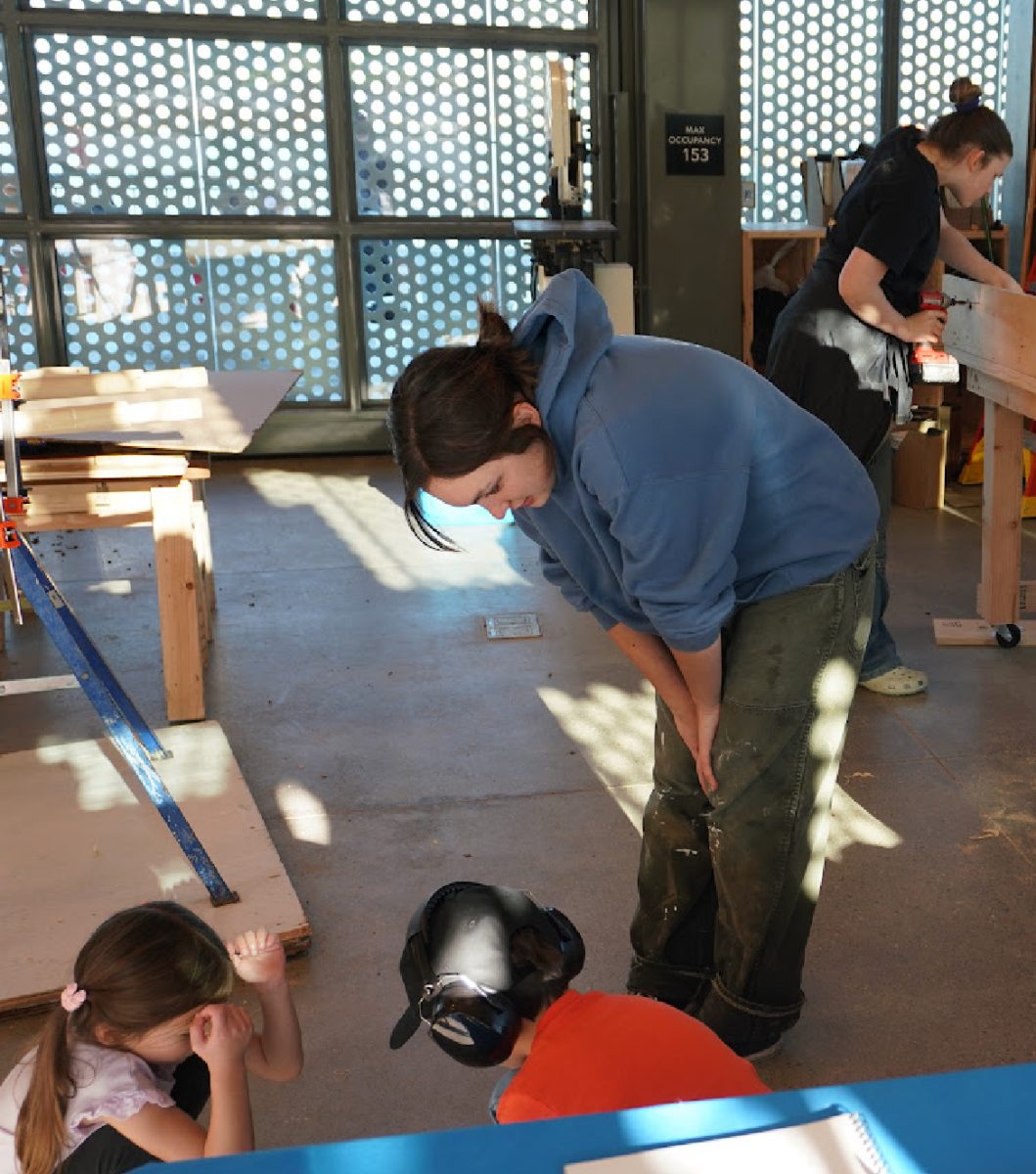Hey Alexa: do we really have to be afraid of you?
May 3, 2019
Where were you when you had your last sudden realization? For me, I was at my friend’s house. We were talking absentmindedly, sometimes turning on the TV for background noise or scrolling through our phones to find that hilarious picture that we took last week. Our conversation moved toward a debate over the SAT versus the ACT, and I exclaimed out loud that I forgot to sign up for the test. A few hours later, as I went to look something up on my phone, I noticed that advertisements were popping up for ACT prep companies and sign up date reminders, and I was faced with the realization that my phone might just be listening to me. Unsettling as it is, it did bring me to the exact webpage I needed, and it seemed that being listened to was more beneficial than intrusive.
Fear of companies or the government listening in on private citizens is not a recent phenomenon. We see evidence of this type of paranoia back in George Orwell’s “1984,” published in 1948, with the idea of “Big Brother”, a mystery person or group who exercises total control and knowledge of our lives, looming over us all. Americans panicked when Edward Snowden, an ex-CIA agent, revealed that the National Security Agency was spying on Americans through telephone records and social media platforms. Now, the newest fear is that devices like the Amazon Alexa, iPhone and Google Dot are recording us in our own homes. However, the fear of these devices is being blown out of proportion because in reality, there are many benefits and no real downsides to these technologies.
To understand the pros and cons of these devices, it is necessary to establish how they work. Amazon Alexa and similar technologies are able to respond to requests by listening for a wake word, a word that triggers the device to start recording, such as saying “Alexa” or “Hey, Siri.” This means that these technologies are always on and listening, but that does not mean they have bad intentions. According to Washington Post tech columnist Geoffrey Fowler, the gadget records one-second segments of background noise in which the device listens for the wake word. If the wake word is not said, the short recording is deleted and a new recording is started. When the wake word is heard, the device records for longer periods of time to listen to the request, which is then saved as a dialogue history.
As scary as it sounds, there is no need to panic or get rid of your recording devices. Instead, we should embrace this new form of technology that can help with everyday tasks, like setting reminders and playing music, while also serving as life-saving devices in certain cases. In 2017, an Amazon Alexa helped save a woman from a case of domestic violence. According to CNN, a man entered the home of his girlfriend and asked his girlfriend if she had called the sheriff on him, then proceeded to beat her. Prompted by his question, Alexa alerted 911 and brought the authorities to the house. According to the sheriff who answered the call, Manuel Gonzalez III, the technology saved the woman from a violent attack, and maybe even saved her life.
Although Alexas can be unexpectedly beneficial, their continuous listening can also become unwanted. What if you were recorded talking about illegal activities and punished when you otherwise never would have been caught? Doesn’t that seem a little unfair? Luckily, the court system feels the same way. Amazon is backing its users in the fight to protect customer data and stated that what an Alexa records is protected under the first amendment. This idea was held up in court when prosecutor Nathan Smith dismissed a murder case against James Bates, who was accused of killing a man who was found dead in Bates’ hot tub, after being unable to access evidence on the Alexa. The prosecutor filed for a warrant for subscriber information and purchase history but was unable to obtain the information when an Arkansas judge agreed that using the information would go against Bate’s constitutional rights.
Many people who oppose the devices cite only a sense of uneasiness with being recorded. But in this day and age, our information is being collected all the time. From website cookies to Facebook likes, we are constantly leaving behind a digital footprint, and with no real downside to “always on” devices, we should be embracing our new technologies.








